Q&A: Energy bills - how can I save money?
- Published
How are people in Cardiff cutting back as the cost of living rises?
With energy prices skyrocketing, people in draughty and poorly insulated homes are facing significantly higher heating bills this winter.
Private housing in Wales is among the oldest and draughtiest in the UK and western Europe.
Up to 45% of households in Wales already live in fuel poverty at today's prices, spending more than 10% of their income on energy bills.
With the cost of living rising rapidly, what can you do to keep costs down?
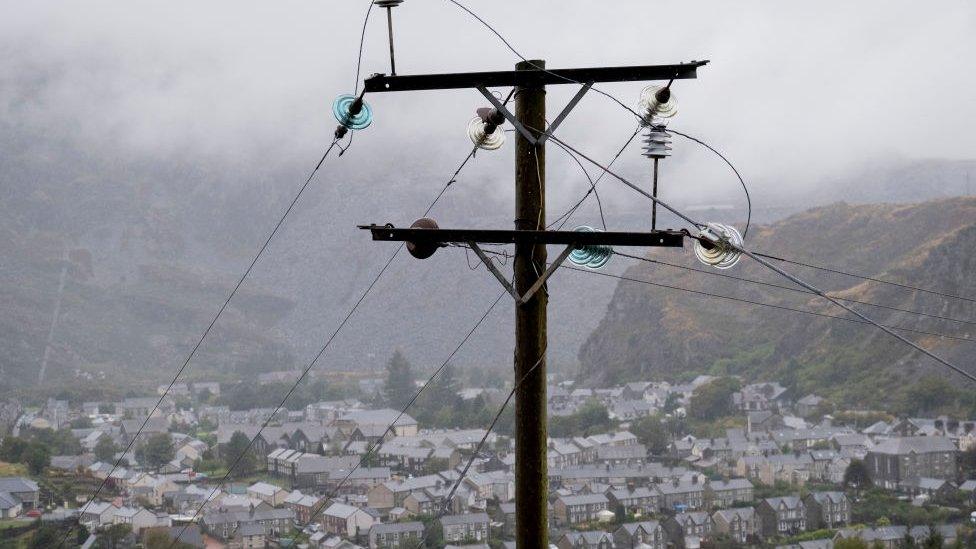
Up to 614,000 people already live in fuel poverty in Wales
Small changes to save money
To help with spiralling costs, homeowners and renters can make a number of small changes which will cost little or nothing, Professor Jo Patterson from Cardiff University's School of Architecture points out.
"Reduce the amount of energy you need to start with," she says. Her tips include:
Washing clothes less often and making sure the washing machine is full when you use it
Doing the washing on dry days so you can dry it on the washing line rather than tumble dryer
Turning down thermostat by one degree can save up to £400 annually at current prices
Turning thermostatic radiator valves down in separate rooms
Making minor repairs to windows and sealing up holes around pipework will help to reduce heat loss
Replacing halogen light bulbs with new LED lights, which last longer, can save about £3-£4 a year per bulb
"It's all incremental. A lot of people can't afford to do anything at the moment but even if you can do these small repairs you can still save 10-20% of your energy bills by spending a weekend and changing your behaviour a little bit," Professor Patterson says.
Bigger investments that will pay off
Insulating the loft properly can reduce your energy bills by at least £150 a year
Insulating the loft hatch is equally important, as it can act like a chimney and allow lots of heat to escape
Replacing windows so they all have high thermal performance
Buying solar panels to generate electricity. Some households may even be able to store their own energy
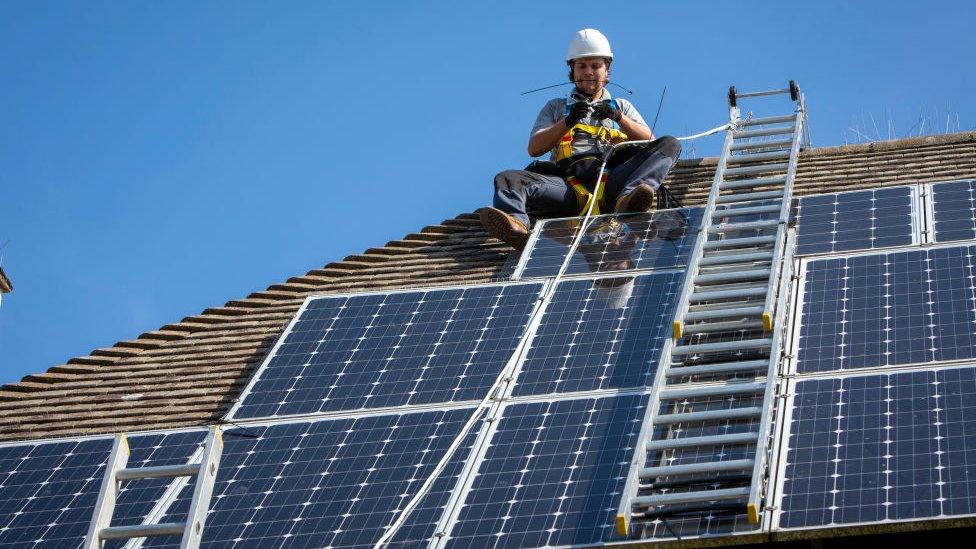
The cost of investing in solar panels is increasingly justified by rising energy prices
"A PV (photovoltaic) panel will provide a high proportion of the electricity households use during the day if they are at home, Professor Patterson points out. "If you're at work all day and you've got PV panels you could look at investing in a battery that would enable the energy that you're generating to be stored so you could use that in the evenings and the mornings."
Help from the government
Some people may qualify for help with bills from the Welsh Government or grants to make their homes more energy efficient.
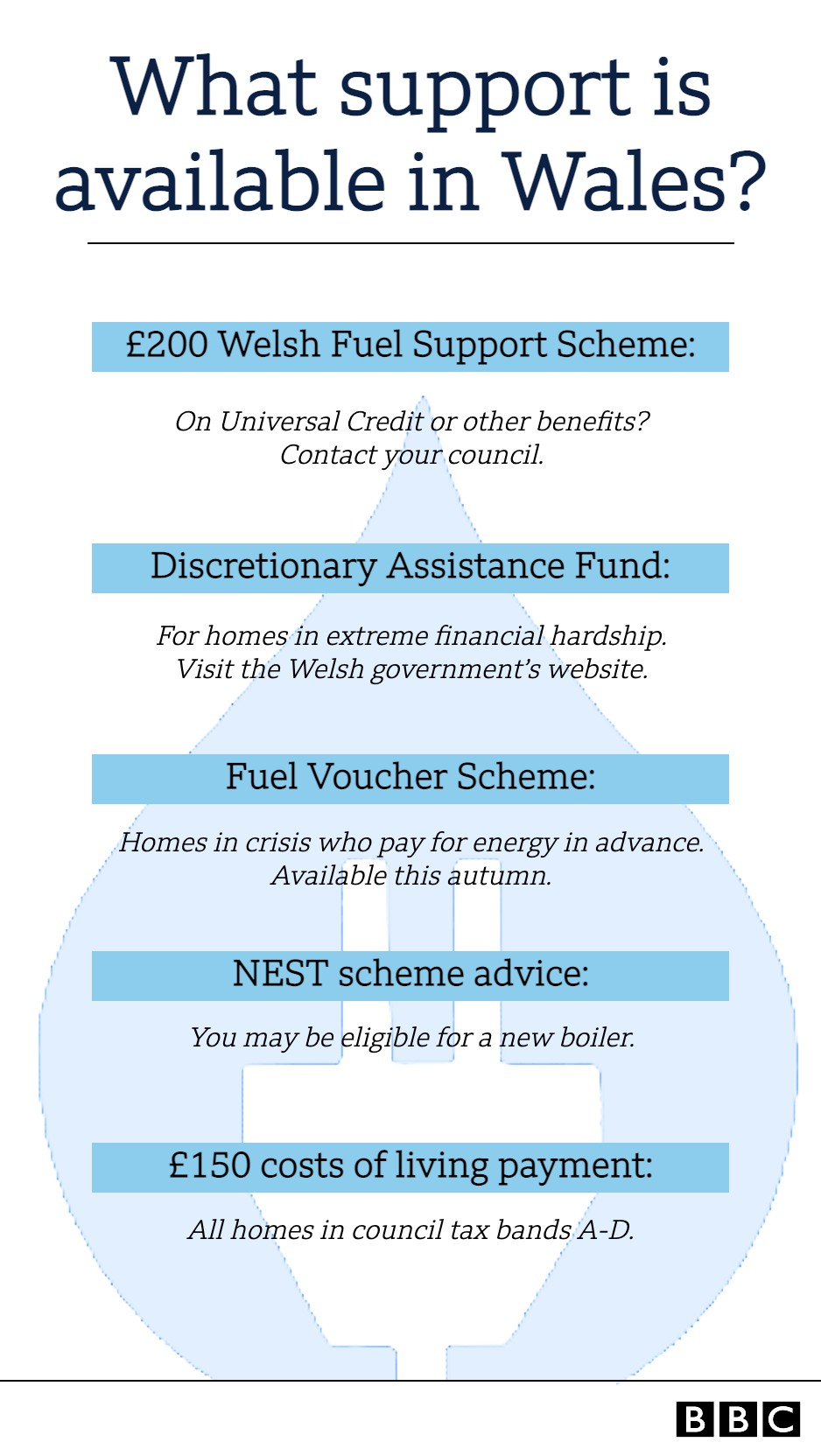
How is the Welsh government helping with energy bills?
All households in Council Tax band A-D are receiving a £150 cost of living payment from their local council
A £200 winter fuel payment scheme will be offered to low income households. Information on how to apply can be found here, external
The Welsh government also provides grants that could pay for essential costs such as gas and electricity for those in extreme financial hardship. Details on eligibility can be found here, external
The Welsh government Fuel Voucher Scheme will launch this autumn to help to households who have to pay for their energy in advance, such as those on prepayment meters or those reliant on heating oil. People in intense financial crisis can get £30 worth of vouchers in the summer months or £49 in winter, with a maximum of three vouchers per household in a six month period.
What other help is there from the UK government?
The UK government has also announced help for households, including those in Wales. Every household will get a £400 energy bill discount in October. This will be applied over six months, with a reduction of £66 in October and November, and £67 every month between December and March 2023. There is no need to check if you are eligible; energy suppliers will apply the discount to all households automatically.
Typical household bills are also being capped at £2,500 a year - based on average use - from October.
There is also support, external for low-income households and those vulnerable to cold-related illness through one-off energy bill rebates of £150 to eligible customers
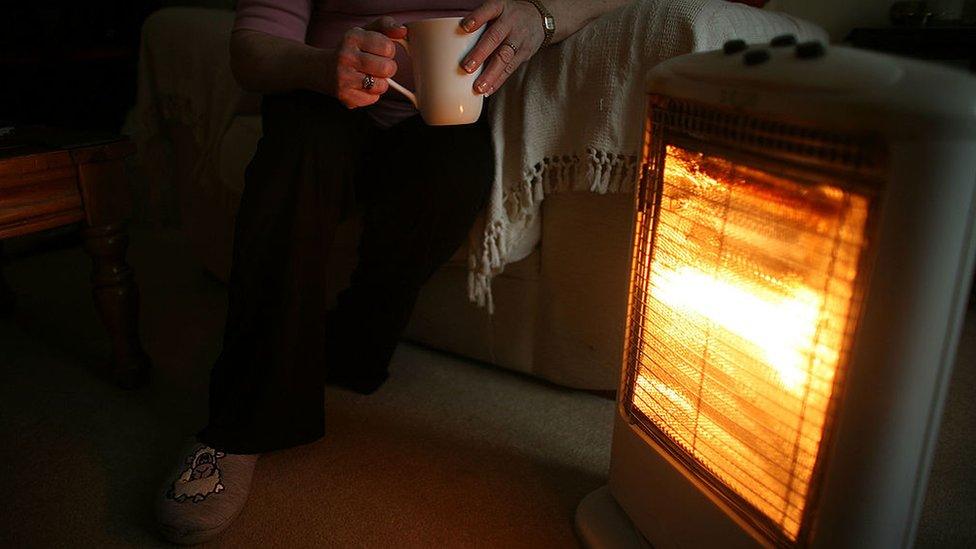
Help is available for those struggling to pay their heating bills
For older people, the Winter Fuel Payment , externalwill be made automatically in November and December.
Cold weather payments, external are also available for some people during prolonged cold spells.
What help can I get to upgrade my home?
People on means-tested benefits or who have specific health needs may be eligible for free energy adaptations such as heating, insulation or solar panels
The Welsh government's Nest website, external offers advice to help make homes more energy efficient and has details on who is eligible for funding for energy improvements
What can I do if I am still struggling to pay my bills?
The Welsh government's Nest advisors can help over the phone, external to make sure people are on the best energy and water tariff
Energy suppliers are required to work with customers struggling to pay their bills to find a solution, says National Energy Action Cymru, external
Other organisations such as Citizens Advice, external can offer advice on how to deal with the cost of living
Food banks, external offer emergency food for people who are struggling

BAFTA CYMRU WINNERS: Celebrate the best television from Wales
WALES' HOME OF THE YEAR: Which home will Owain, Mandy and Glen judge worthy?

- Published22 September 2022

- Published27 September 2022

- Published26 August 2022
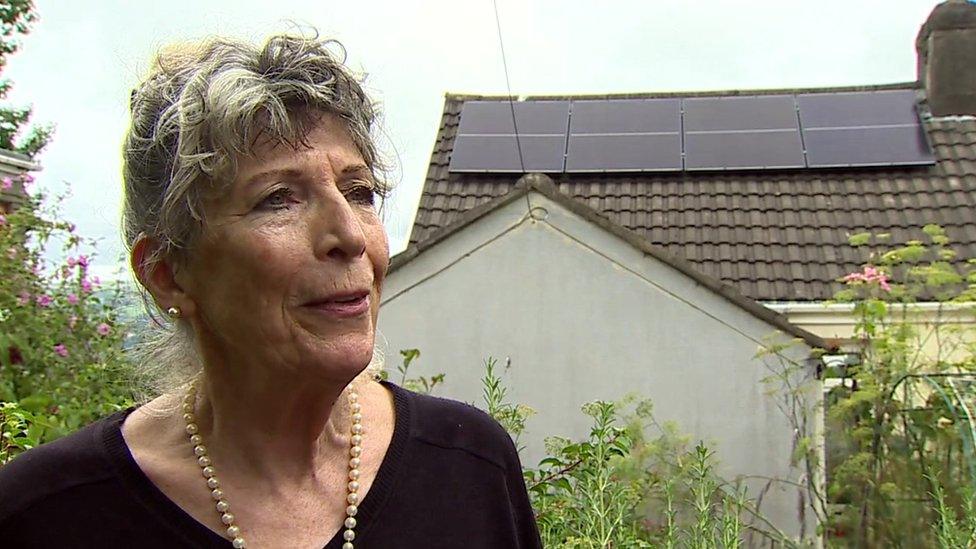
- Published21 February 2022
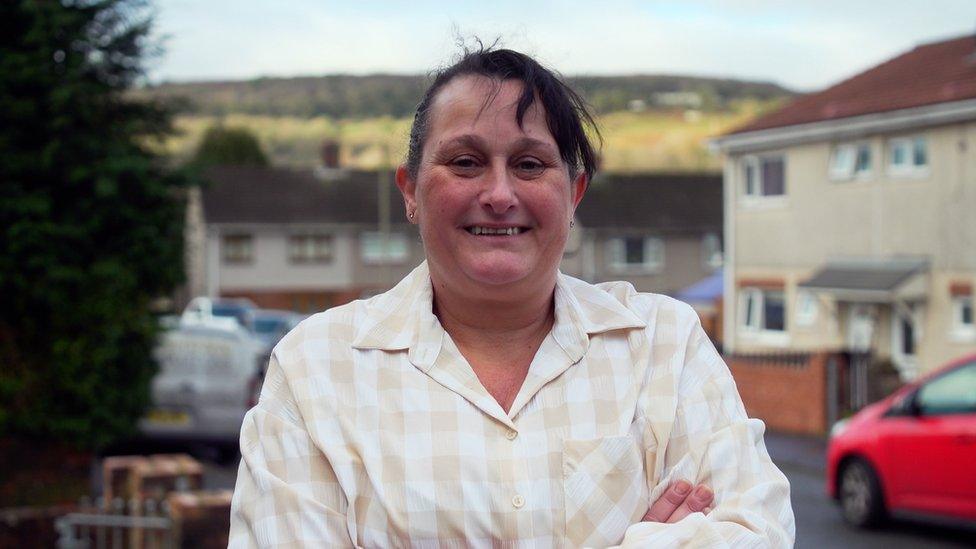
- Published23 July 2021
